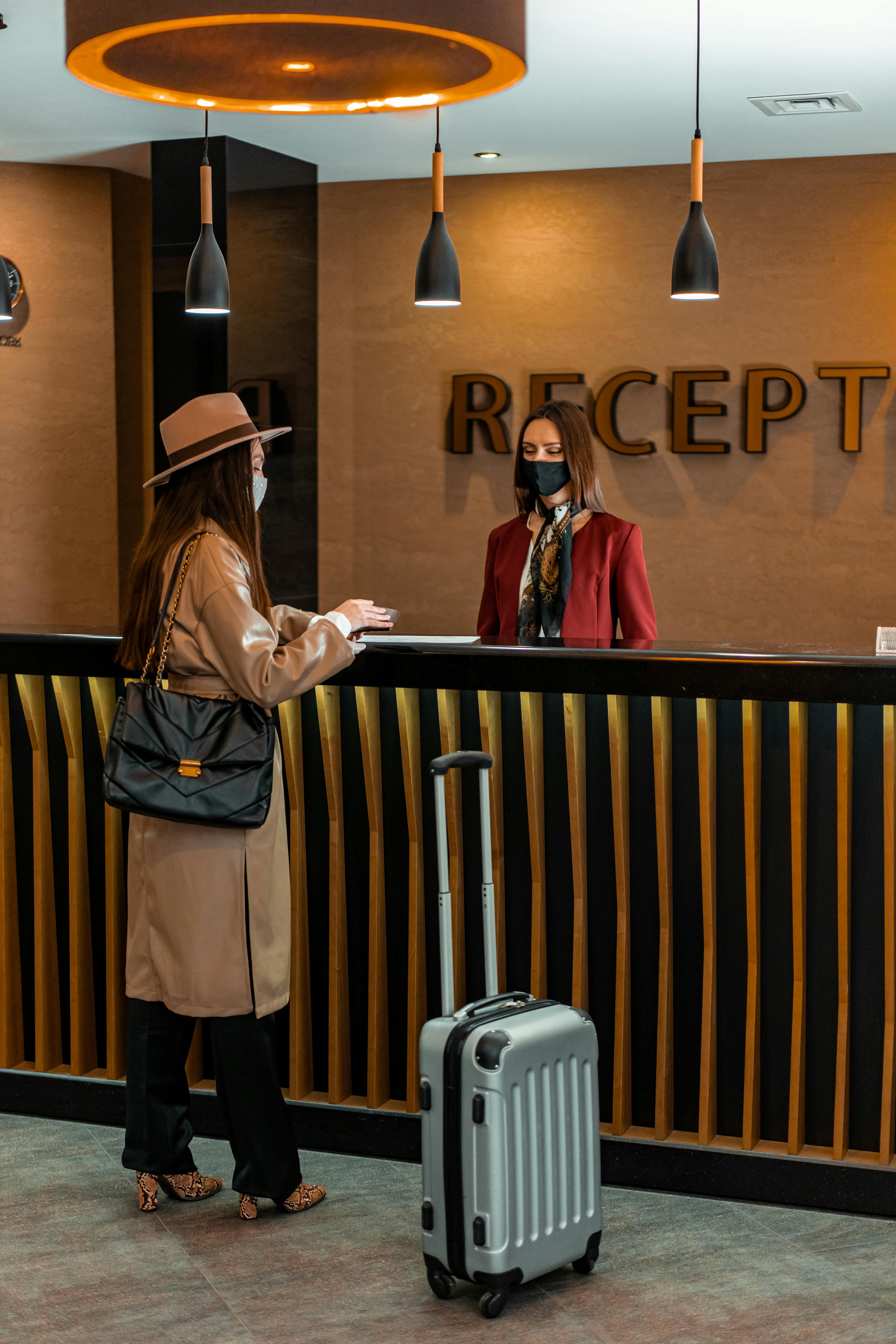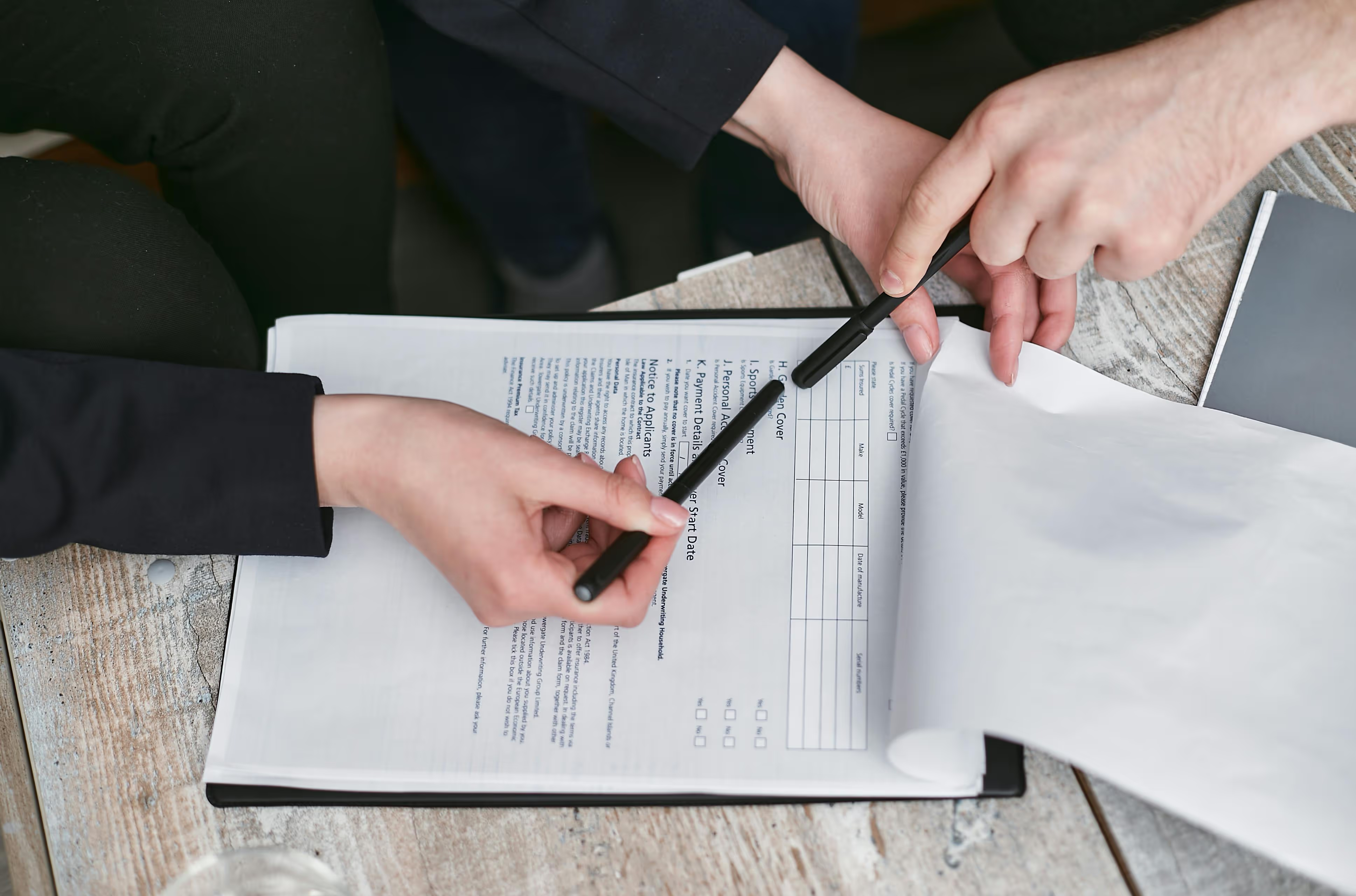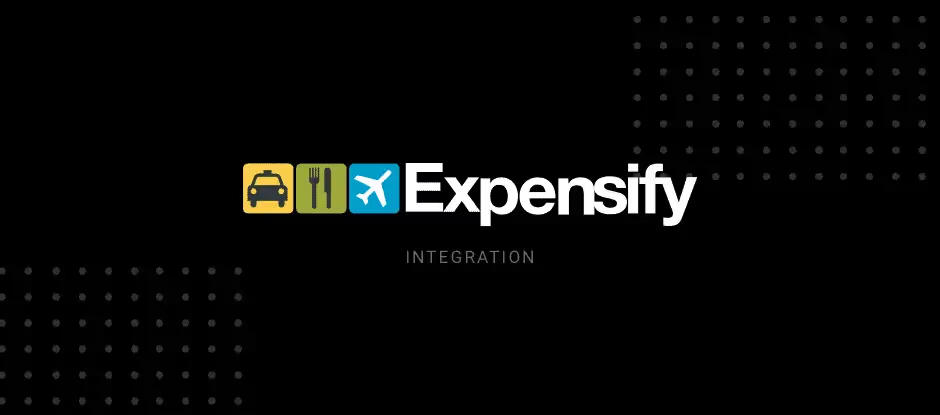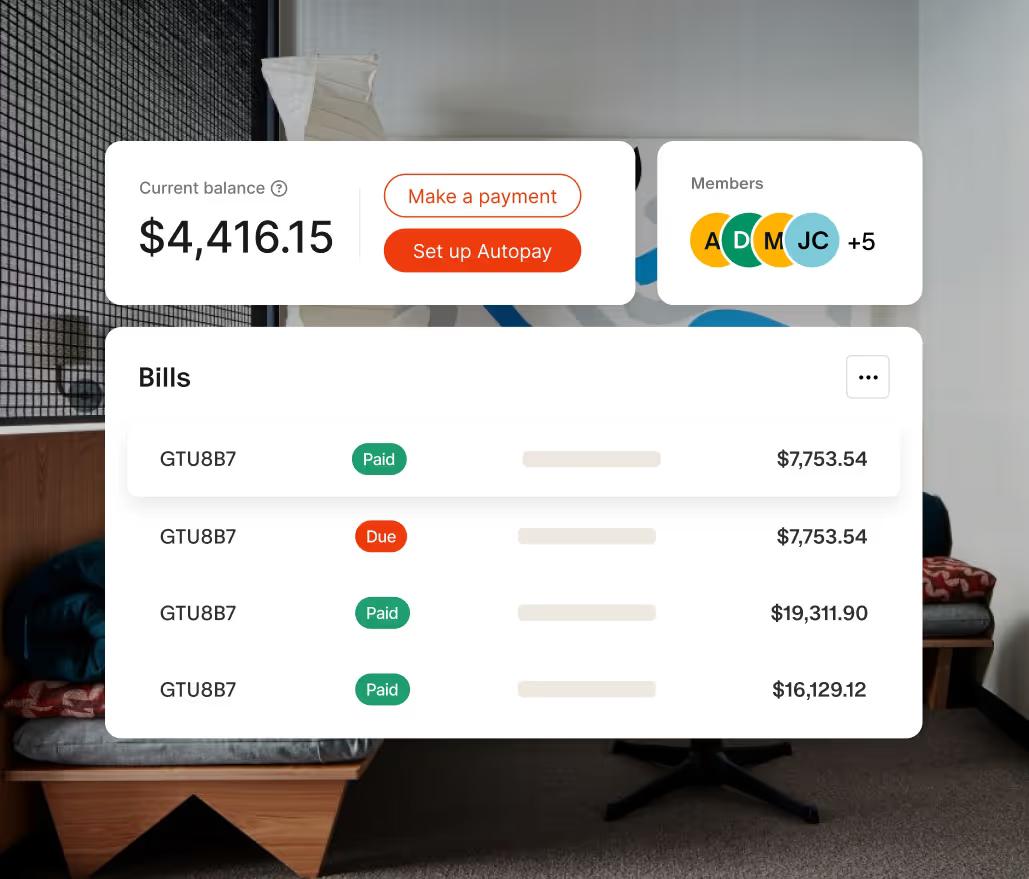Do you have to check out of a hotel? A business travel guide

You're packed and ready to hit the road, but do you really need to check out of the hotel? Short answer: Yes, you absolutely do. Skipping hotel checkout isn't just poor etiquette; it can cost you money and create headaches that follow you home.
Properly checking out of a hotel protects you from surprise charges, ensures you don't leave anything behind, and maintains good relationships for future stays.
This guide explains why hotels have checkout procedures, the real consequences of skipping this step, and five practical ways to check out efficiently. You'll also learn how to handle late checkout situations and what to do when hotels can't accommodate your schedule.
Why do Hotels Have Checkout Times?
Hotels aren't trying to inconvenience you with checkout deadlines. These systems exist for practical operational reasons:
- Housekeeping needs sufficient time to clean rooms between guests
- Hotels must track occupancy for accurate billing
- Front desk staff need to know which rooms are available for new guests
Know what to expect before you book. Hotels that give you predictable checkout times keep your costs predictable too.
When Is Checkout Time?
The timing changes depending on where you stay, but the class of hotel will usually give you a general idea.
Luxury hotels usually give you until noon or 1 p.m. to check out. They're also more flexible about late checkout and often give loyalty members extra time for free.
Budget hotels and motels work differently. They often stick to strict 11 a.m. checkout times. They also run tighter schedules, so they can't be as flexible. Late checkout costs extra, and they rarely negotiate.
Business hotels split the difference. Most give you until noon since they know you might have work calls or meetings. They understand work schedules better than leisure properties.
Why You Should Always Check Out of a Hotel
Hotels might automatically charge for another night if you don't formally check out, regardless of whether you actually stayed in the room. They may assume you're staying longer and bill accordingly.
You might also miss other charges that add up fast. Room service you forgot about, phone calls, mini-bar items, or parking fees can surprise you weeks later on your credit card statement.
Actual billing errors happen too, someone else's room service charged to your room, double-charged parking, or incorrect room rates.
Catching incorrect incidental charges at checkout is much easier than fighting them later, especially when you're trying to explain business expenses to accounting.
Ask for an itemized bill and scan each line before you leave. Question anything that looks wrong on the spot—front desk staff can fix most errors immediately.
Protect Your Travel Reputation
If you travel to the same cities regularly, building positive relationships with hotel staff can pay off. You might get room upgrades, early check-in, or flexibility with policies. Hotels want repeat customers, and they reward people who make their jobs easier.
Hotel staff are likely to remember guests who treat them poorly. Being rude or disruptive will guarantee you get remembered for the wrong reasons.
Don't Leave Your Stuff Behind
It’s easy to forget things like phone chargers, medications, important documents, or laptops in bathrooms, drawers, or under beds when you're in a hurry to catch flights or get to meetings.
Getting forgotten items back from hotels costs time and money: shipping costs, phone calls with hotel staff, and the hassle of missing important work materials. Taking time to check out properly gives you a moment to sweep the room one last time.
Which Check-Out Method Fits Your Needs?
You don't have to wait in line at the front desk to check out properly. Here are 5 methods that work, when to use each one, and what to expect.
When to Check Out at the Front Desk
Use this method when you've had issues during your stay that might affect your bill, when you're using a company credit card that needs careful tracking, or when you plan to stay at the same hotel again.
Walking to the front desk lets you review your bill, fix any problems immediately, and make sure all charges look right before leaving. Talking face-to-face also lets you give feedback about your stay and make requests for next time.
When to Call the Front Desk
Phone checkout saves time for early departures when the front desk gets busy, or whenever you can't afford to wait in line.
Most hotels can handle your entire checkout over the phone. They'll review charges and confirm payment methods just like an in-person checkout.
You get the same billing oversight while saving time. This approach works best when you've stayed at the hotel before and trust their billing.
When to Use the Hotel's Mobile App
Major hotel chains let you check out through their apps. You can review charges, confirm payment, and finish checkout from your phone. The app sends a receipt to your email right away, which makes expense tracking easy.
Use mobile checkout when you want to avoid crowds and don't need to talk with staff.
If your bill looks straightforward and you've used the app before, this can be the easiest way to check out. The technology sometimes glitches, so have a backup plan.
When to Use Express Checkout via In-Room TV
Some hotels let you check out using your TV remote. You can see your bill, review charges, and confirm checkout without leaving your room. This self-service option works 24/7 and doesn't require downloading apps.
Use this when you have a simple bill without complications. You get limited help if you find billing errors, and the TV interface can be clunky. But it's reliable and lets you handle checkout from your room anytime.
When to Use Express Checkout
Use express kiosks or key drops when you want efficiency without giving up the safety net of human help. Self-service kiosks in hotel lobbies split the difference between full front desk service and digital-only options. You scan your key card, review your bill on screen, and confirm checkout. Front desk staff stay nearby if you need help.
Kiosks work well during busy checkout hours when front desk lines are long, but you still want backup if something goes wrong.
They're faster than waiting in line but more reliable than apps or TV checkout.
How to Negotiate with Hotels for Late Checkout
Here's how to get extra time in your room and what determines whether hotels say yes.
- Ask during check-in, not checkout day: Front desk agents help you more when they're not dealing with a line of waiting guests during the morning rush.
- Be honest and specific about your situation: Explaining that you have a late flight and don't want to carry luggage around the city works better than vague requests for extra time.
- Tell them exactly how long you need the room: Most hotels can let you stay until 1 or 2 p.m. without major problems, especially when they're not busy. Being specific helps them check availability and note your request.
- Expect to pay for late checkout: Many hotels charge $25 to $50 for staying past 1 p.m., though this varies by property. Get confirmation of any fees upfront so you don't get surprised on your final bill.
When Hotels Say Yes vs. No
Hotels approve late checkout based on how busy they are and how much staff they have. Sunday through Thursday requests work better than weekend requests, when hotels often run at full capacity. You'll have better luck during slower seasons and in cities with lower demand.
Chain hotels sometimes have stricter policies than independent properties, but they also have better systems for tracking room availability.
Luxury hotels give you more flexibility, while budget properties have less room to accommodate special requests due to tighter schedules and smaller housekeeping teams.
When hotels say no to your late checkout request, you can offer to pay a partial daily rate for a few extra hours, or ask about checking out but keeping access to hotel amenities. Hotels sometimes agree to these middle-ground solutions even when full late checkout isn't possible.
What to Do When Late Checkout Isn't Possible
Hotels sometimes can't accommodate late checkout, especially during busy periods or at budget properties. Don't panic, you still have options that solve your timing problems without paying for another night.
Even when hotels can't extend your room access, they usually offer alternatives that solve your problem. Almost every hotel will hold your bags after checkout. You can explore the area or attend meetings without dragging suitcases around.
Many hotels also let you use common areas after checkout. You can work in the lobby, eat in the restaurant, use the business center, or hit the fitness room even after giving up your room. This works well when you need a place to work or relax before heading to the airport.
Some properties offer day-use rates for travelers who need a room for just a few hours. This costs less than a full night while giving you private space for as long as you need it. Airport hotels and business district properties often offer this option.
Book Hotels That Work Around Your Schedule
Stop wasting time on booking platforms that don't understand how business travel actually works. Engine gives you access to over 750,000 hotels with the flexibility to change plans when work demands shift. Book fast, change easily, and get support when you need it.
Your business travel should adapt to your schedule, not the other way around. Engine handles the complexity so you can focus on getting work done.
















.avif)

.jpg)




.avif)






![How to Get the Best Hotel Deals and Rewards [Infographic]](https://cdn.prod.website-files.com/66a41388b1be9ba182f1e80c/66a41388b1be9ba182f1f257_Windsor_Hotel_-_in_winter.avif)






.jpg)



.avif)
.avif)






